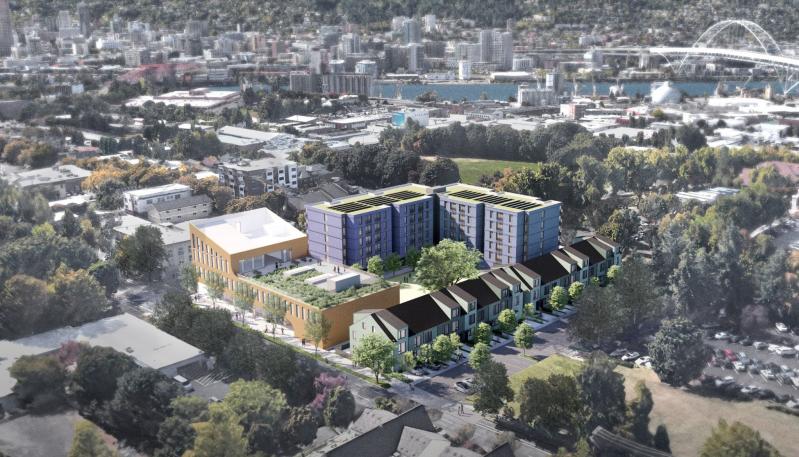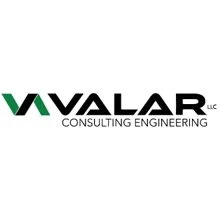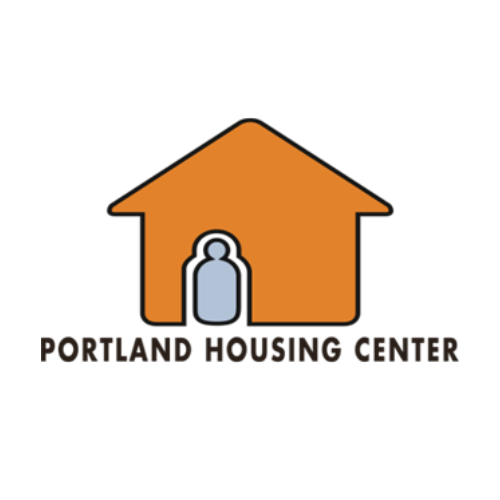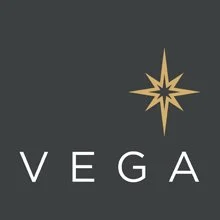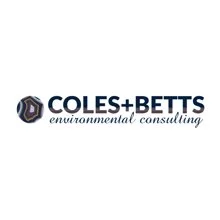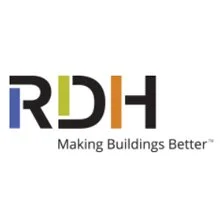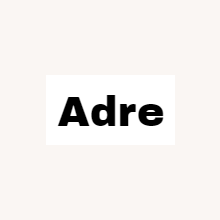SAVE The Date for February 27, 2027, Ribbon-cutting & Celebration Gala
SAVE The Date for February 27, 2027, Ribbon-cutting & Celebration Gala
Project Progress

What We Do
Affordable Rental Apartments
85 affordable 1-3 bedroom apartments at 30-60%AMI. Includes community space, outdoor area, parking and resident services.
Homeownership Opportunities
20 high-quality townhomes (2BR & 3BR), with four featuring accessible ground-floor units. Aimed at 60–120% AMI families building generational wealth where they belong.
Business Hub
26,000 SF Cross-Laminated Timber (CLT) building offering affordable office and retail space for Black-owned businesses and partners. Restoring this cornerstone of the Albina Boise-Eliott neighborhood as a vibrant business and community hub.
From the 10th Annual Shorty Impact Awards
Reparative Development: A New Path Forward After Urban Renewal
Finalist in Multi-Cause Initiative
Funding Partners

Who We Are
We exist to support the revitalization of North Portland’s historic Hill Block neighborhood, where generations built community and culture. Together with local leaders, we’re creating a place where families can thrive, history is honored, and future growth is shaped by the people who call it home.
Development and Design Partners
Architect
Lighting Designer
Structural Engineer
Affordable Apartments Partner
Homeownership Partner
Civil Engineer
Landscape Architect of Record
Contractor
Structural Engineer
Solar Contractor
MEP Engineer
Lead Landscape Architect
Environmental Engineer
Envelope Consultant
Acoustic Engineer
Accessibility Consultant
Developer
Consultant

Stay connected to the work, the vision, and the change.

Join the Return. Power the Movement.
This sacred ground is coming back to life, but our work is far from finished. Williams & Russell CDC isn't just restoring buildings—we're rebuilding community power and creating a national model for reparative justice.
Every family that comes home, every business that opens, every dollar invested in Black-led development sends a message: We don't just have the right to remain. We have the right to return, to thrive, and to lead.
Be part of this historic movement. Your support fuels the return.








